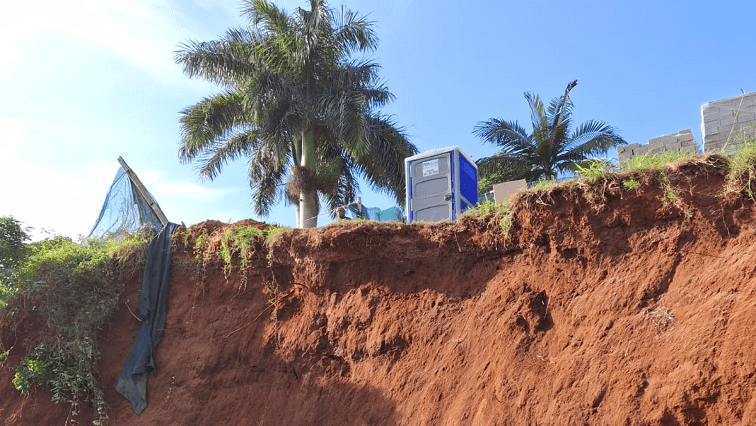The government wants the National Assembly to approve Sh10.6 billion to cater for the emergency response to floods and humanitarian crisis caused by heavy rains countrywide.
The details of the allocation are contained in the supplementary budget II for the 2023/24 financial year that is before the National Assembly for post-facto approval.
By Saturday, over 228 people had died due to flooding with thousands injured and others displaced from their homes.
A flowing nightmare: Women bear disproportionate burden as floods wreak havoc Number of people killed in floods rises to 228The unrelenting rains have destroyed crops and property. The government has set up camps to shelter the displaced people.
This comes as the Kenya Meteorological Department (KMD) warned of heavy and very heavy rainfall in many parts of the country in the coming days, as the government ramps up humanitarian interventions to minimise loss of lives.
The mini-budget of Sh34.92 billion, which includes Sh28.47 billion in recurrent expenditure and Sh6.45 billion in development expenditure, is a reorganisation of the Sh2.37 trillion budget for the national government passed in June 2023.
The supplementary budget comes against a backdrop of missed targets by the government due to contracting revenue streams.
Of the entire supplementary budget, Sh19.28 billion has already been disbursed to the relevant State agencies, and the National Treasury wants the National Assembly to regularise the expenditure in post-facto approvals as provided in Article 223 of the Constitution.
Also
The Article states that the national government may spend money that has not been appropriated if the amount appropriated by the National Assembly is insufficient or if a need emergencyhas arisen for expenditure for a purpose which no amount has been appropriated.
While submitting the mini-budget estimates to the National Assembly, National Treasury Cabinet Secretary Professor Njuguna Ndungu noted that implementation of the current budget has progressed smoothly despite challenges in revenue collection leading to delays in Exchequer releases.
The CS also admitted escalation in debt service, settlement of expenditure carryovers from 2022/23 financial year and settlement of pending bills as other challenges.
Expenditure pressures arising from increased demand for additional resources to cater for emerging priority spending for interventions such as the El-Nino and security operations, says Prof Ndungu.
The allocation to deal with the floods is spread across government institutions, including response interventions to handle effects of El-Nino that occurred towards the end of last year as well as the drought situation that also hit the country.
At least Sh9 billion of the emergency response intervention budget for floods, El-Nino and drought has already been disbursed.
Also
Apart from floods, El-Nino and drought, the mini-budget has Sh3 billion for national governments fertiliser subsidy project with State House getting an extra Sh2.5 billion to cater for, among other items, staff emoluments out of which Sh1.2 billion has been disbursed.
The current budget for State House is Sh11.34 billion.
It is not clear why State House failed to budget for emoluments of its workforce during the normal budget-making cycle and now wants the extra amount passed under the supplementary budget.
In January this year, the Public Service Commission (PSC), a State agency which recruits public service employees, said that State House had 483 ghost workers who are not captured in the staff register but are getting paid, nonetheless.
Also
The National Treasury gets an additional Sh7.48 billion out of which Sh4.67 billion goes to finance revenue raising activities of the Kenya Revenue Authority (KRA) and Sh2.02 billion goes to the State Department for Forestry to cater for salary shortfalls.
There is also a Sh671.2 million loan procured from the World Bank for the laying of Eldoret-Nadapal fibre optic cable project, Sh500 million was allocated to the State Department for Cooperatives to mop extra milk and Sh500 million payment for legal dues in the Kenya Railways Corporation (KRC) arbitration case.





